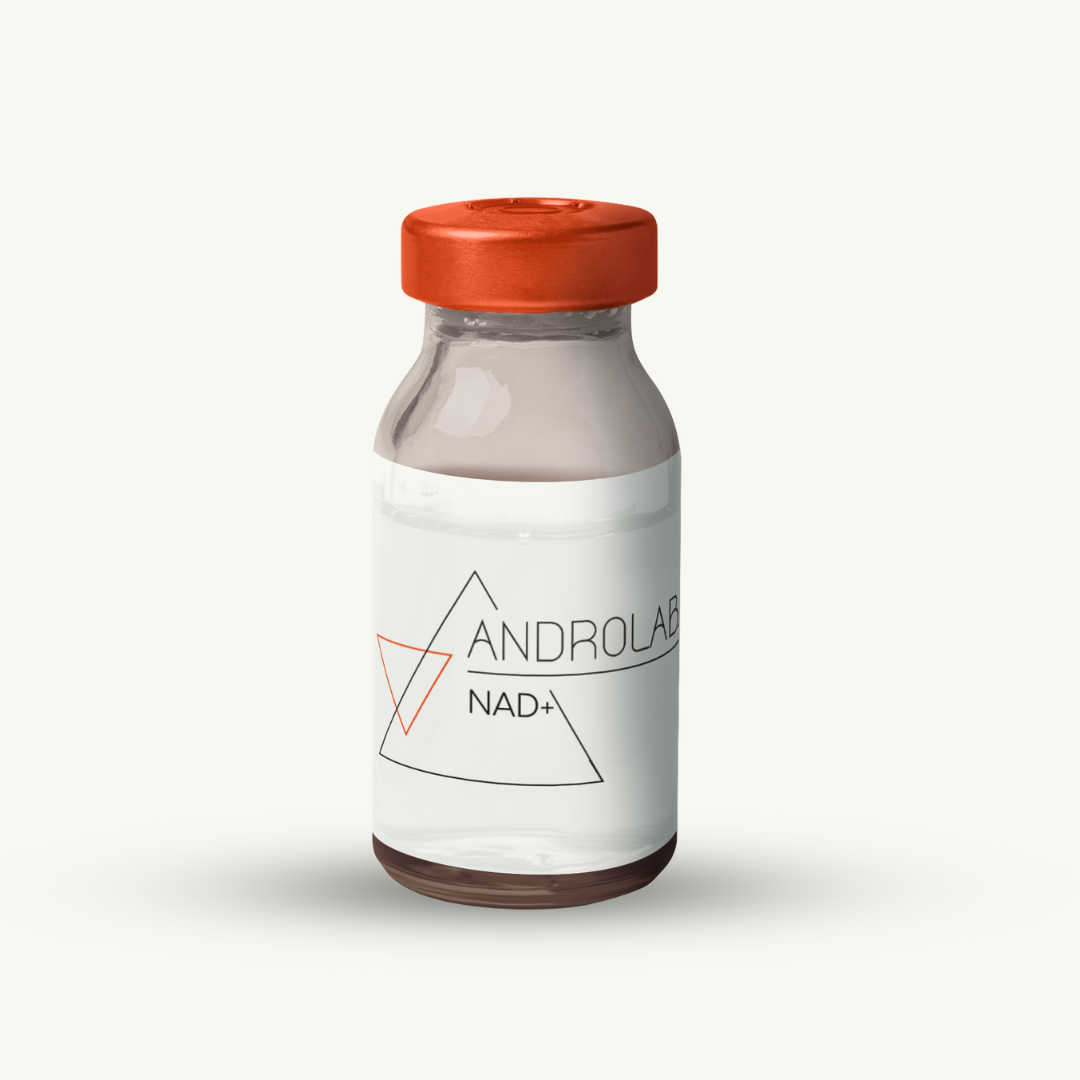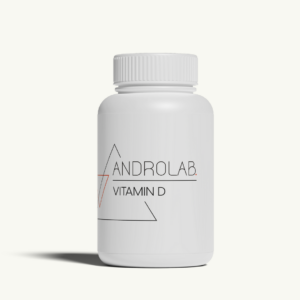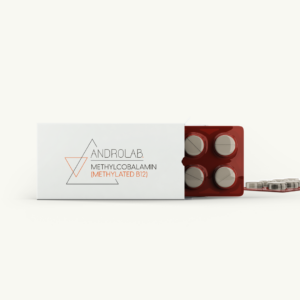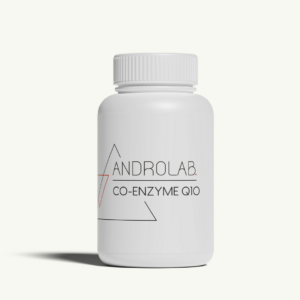Wellness & Longevity

NAD+
- Energy production
- Mitochondrial function
- DNA repair
- Cellular cleaning
- Gene regulation
- Epigenetic regulation
- Aging
- Longevity
- Rapid increase in NAD+ levels
- Improved mental clarity and focus
- Enhanced athletic performance
- Reduced inflammation
- Mitochondrial biogenesis
- Improved insulin sensitivity
- Enhanced cellular cleaning
- Reduced DNA damage
- Improved epigenetic regulation
- Increased healthspan
- Delayed aging
- Reduced age-related diseases
NAD+ is essential for various cellular processes, and its decline with age contributes to the development of age-related diseases. Supplementing with NAD+ will help maintain healthy NAD+ levels and promote overall well-being. Subcutaneous NAD+ administration has gained attention for its potential benefits on mitochondrial health and overall longevity.
NAD+ (Nicotinamide Adenine Dinucleotide)
Cellular energy. Longevity. Renewal from within.
NAD+ is a powerful coenzyme found in every cell of your body, playing a critical role in energy production, DNA repair, metabolic function, and healthy aging. But as we age, NAD+ levels decline—leading to fatigue, slower recovery, brain fog, and accelerated cellular aging.
Supplementing with NAD+ helps to:
- Boost mitochondrial energy and reduce fatigue.
- Enhance mental clarity, focus, and mood.
- Support cellular repair and longevity pathways (including SIRT1 activation).
- Improve metabolic efficiency and resilience to stress.
- Slow biological aging at the cellular level
Whether you’re pursuing peak performance, metabolic optimization, or anti-aging support, NAD+ is the foundation.
Don’t just feel younger—function younger.
NAD+: Power your cells. Protect your future.
Frequently Asked Questions About NAD+
What is NAD+?
NAD+ (Nicotinamide adenine dinucleotide) is a coenzyme found in all living cells. It plays a crucial role in various cellular processes.
Energy Metabolism
Energy production: NAD+ is involved in the production of ATP (adenosine triphosphate), the primary energy currency of cells.
Mitochondrial function: NAD+ is essential for the proper functioning of mitochondria, the powerhouses of cells.
Cellular Maintenance
DNA repair: NAD+ is required for the activation of PARP-1, an enzyme involved in DNA repair.
Cellular cleaning: NAD+ activates sirtuins, which are involved in autophagy, a natural process that removes damaged cellular components.
Gene Expression and Epigenetics
Gene regulation: NAD+ influences the activity of sirtuins, which regulate gene expression and epigenetic modifications.
Epigenetic regulation: NAD+ plays a role in the regulation of epigenetic marks, which affect gene expression without altering the DNA sequence.
Aging and Longevity
Aging: NAD+ levels decline with age, contributing to the development of age-related diseases.
Longevity: Maintaining adequate NAD+ levels has been linked to improved healthspan and longevity.
Short-Term Benefits (hours to days)
Rapid increase in NAD+ levels: Subcutaneous administration leads to a quick increase in NAD+ levels, which can help to rapidly improve energy metabolism.
Improved mental clarity and focus: Many users report improved mental clarity, focus, and reduced brain fog within hours of administration.
Enhanced athletic performance: NAD+ supplementation can improve muscle function, endurance, and reduce fatigue, making it beneficial for athletes.
Reduced inflammation: NAD+ has anti-inflammatory properties, which can help reduce inflammation and oxidative stress in the short term.
Long-Term Benefits (weeks to months)
Mitochondrial biogenesis: NAD+ supplementation can stimulate the production of new mitochondria, leading to improved energy metabolism and reduced oxidative stress.
Improved insulin sensitivity: Long-term NAD+ supplementation can improve insulin sensitivity, reducing the risk of developing type 2 diabetes.
Enhanced cellular cleaning: NAD+ activates sirtuins, which are involved in autophagy, a natural process that removes damaged cellular components.
Reduced DNA damage: NAD+ can help reduce DNA damage by activating PARP-1, an enzyme involved in DNA repair.
Improved epigenetic regulation: NAD+ influences epigenetic regulation, which can lead to improved gene expression and reduced age-related diseases.
Potential Longevity Benefits
Increased healthspan: By improving mitochondrial function and reducing oxidative stress, NAD+ supplementation may help increase healthspan, the period of life spent in good health.
Delayed aging: Some research suggests that NAD+ supplementation can delay aging by improving telomere length, reducing senescence, and promoting cellular rejuvenation.
Reduced age-related diseases: By improving mitochondrial function and reducing oxidative stress, NAD+ supplementation may help reduce the risk of age-related diseases, such as Alzheimer’s, Parkinson’s, and cardiovascular disease.


